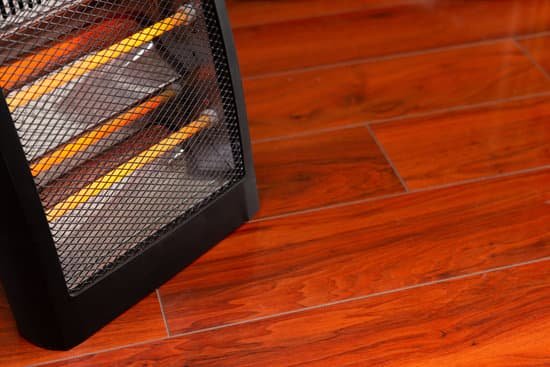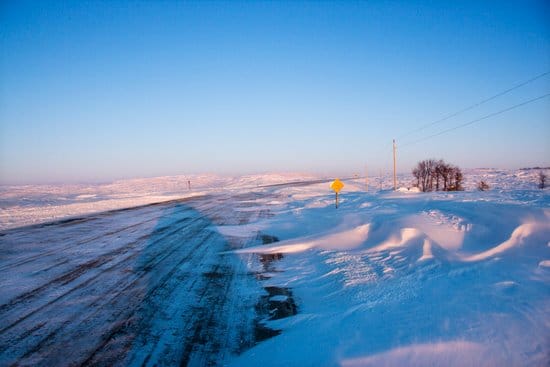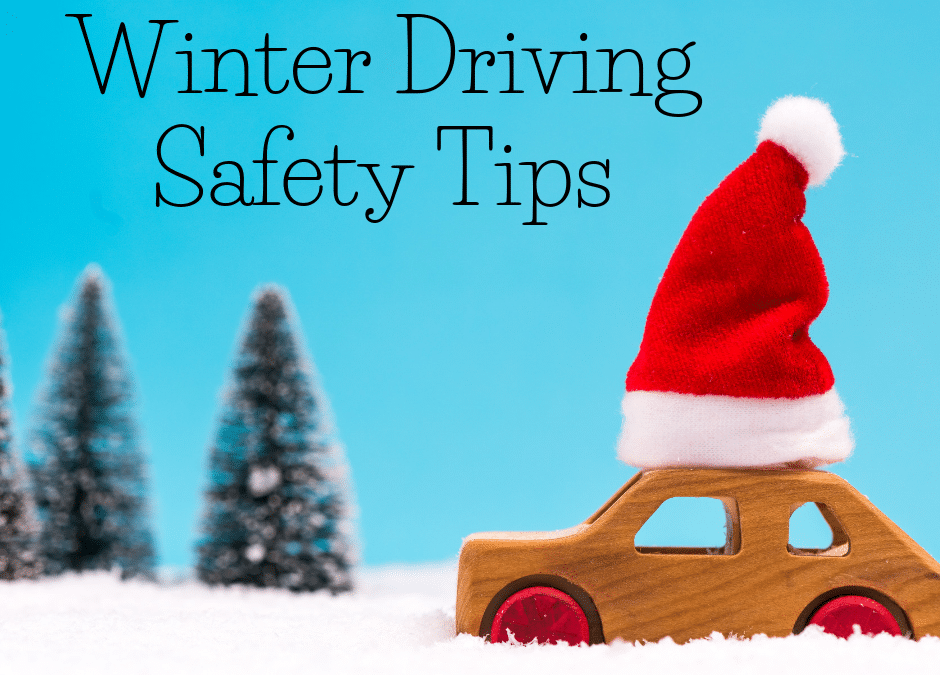
Space Heater Safety Tips – Don’t Get Burned
Winter is officially in full swing, and that means many of us will start to get out the portable heaters to combat those brisk nights and chilly mornings- that is, of course if you haven’t done that already. space heater
Used properly, portable heaters are a godsend, but it’s extremely important to pay attention to the possible dangers associated with that trusty little plug-in heater.
Portable heaters are responsible for an estimated 25,000+ home fires each year, causing terrible burns to thousands of people. Imagine how you’d feel if not paying attention to a simple appliance caused the destruction of your home or hurt your family.
That’s why you should follow these Space Heater Safety Tips
- Never use an unvented combustion heater indoors (safety experts recommend electric heaters instead)
- Only purchase or use newer models that have current safety features and the Underwriter Laboratory (UL) label
- Keep the heater on a hard, level, non-flammable surface such as ceramic tile
- Make sure the heater is at least three feet away from flammables like bedding, drapes, furniture, and papers
- Keep pets and children away from space heaters
- Always turn the heater off when you leave the area
- Never leave a space heater on when you go to sleep
- Check to see if it has a tip-over safety switch that will automatically turn it off if it falls over
- Avoid using extension cords and never run the cord under carpeting or mats
Pro Tip: these safety tips also apply when turning on the heat for the entire house. If you haven’t already, the National Fire Protection Association recommends us to have our heating system, or chimney, checked and serviced each year by a qualified heating and cooling professional to make sure it’s fire safe and there are no carbon monoxide leaks. It is also recommended to change the batteries in your smoke and carbon monoxide detectors during this time.
For more information visit:
https://bit.ly/390CA6s
https://bit.ly/2ZjPoR3
https://bit.ly/35HY0mT
https://bit.ly/2Q4ZLnh
https://bit.ly/2Z7D1Ho
Related Articles:
Fire Prevention Tips for the Holidays
The 6 Most At-Risk Fire Areas of Your Home
This article is furnished by California Casualty, providing auto and home insurance to educators, law enforcement officers, firefighters, and nurses. Get a quote at 1.866.704.8614 or visit www.calcas.com.





